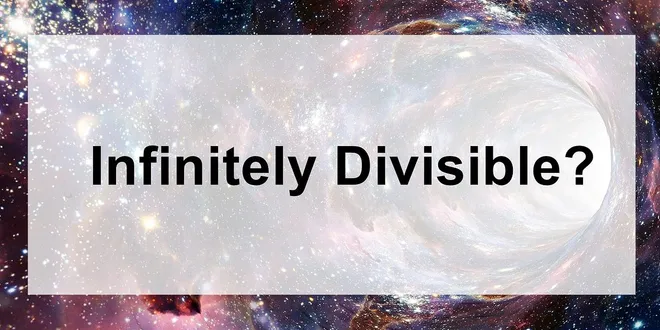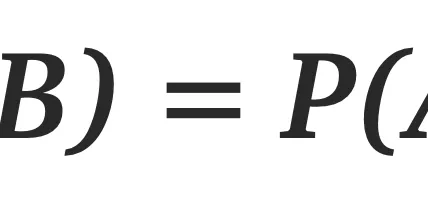independent&identically distributed

Independent and Identically Distributed
A collection of random variables is independent and identically distributed if each variable has the same probability distribution as the others and all are independent.
📚 Read more at Towards Data Science🔎 Find similar documents

Ignoring the IID assumption isn’t a great idea
The IID assumption (independent and identically distributed) is pretty important. Ignoring it can lead you to make incorrect conclusions (usually […] The post Ignoring the IID assumption isn’t a great...
📚 Read more at R-bloggers🔎 Find similar documents

Infinitely Divisible Distribution
Infinitely Divisible Distribution, Stable Distribution, Tempered Stable Distribution, Normal Distribution, Central Limit Theorem
📚 Read more at Towards Data Science🔎 Find similar documents

Conditional Independence
The independence that can be realized in the real world When it comes to probability theory we all would have heard of joint distribution, marginal distribution, independence, etc. In this article, I...
📚 Read more at Towards AI🔎 Find similar documents

